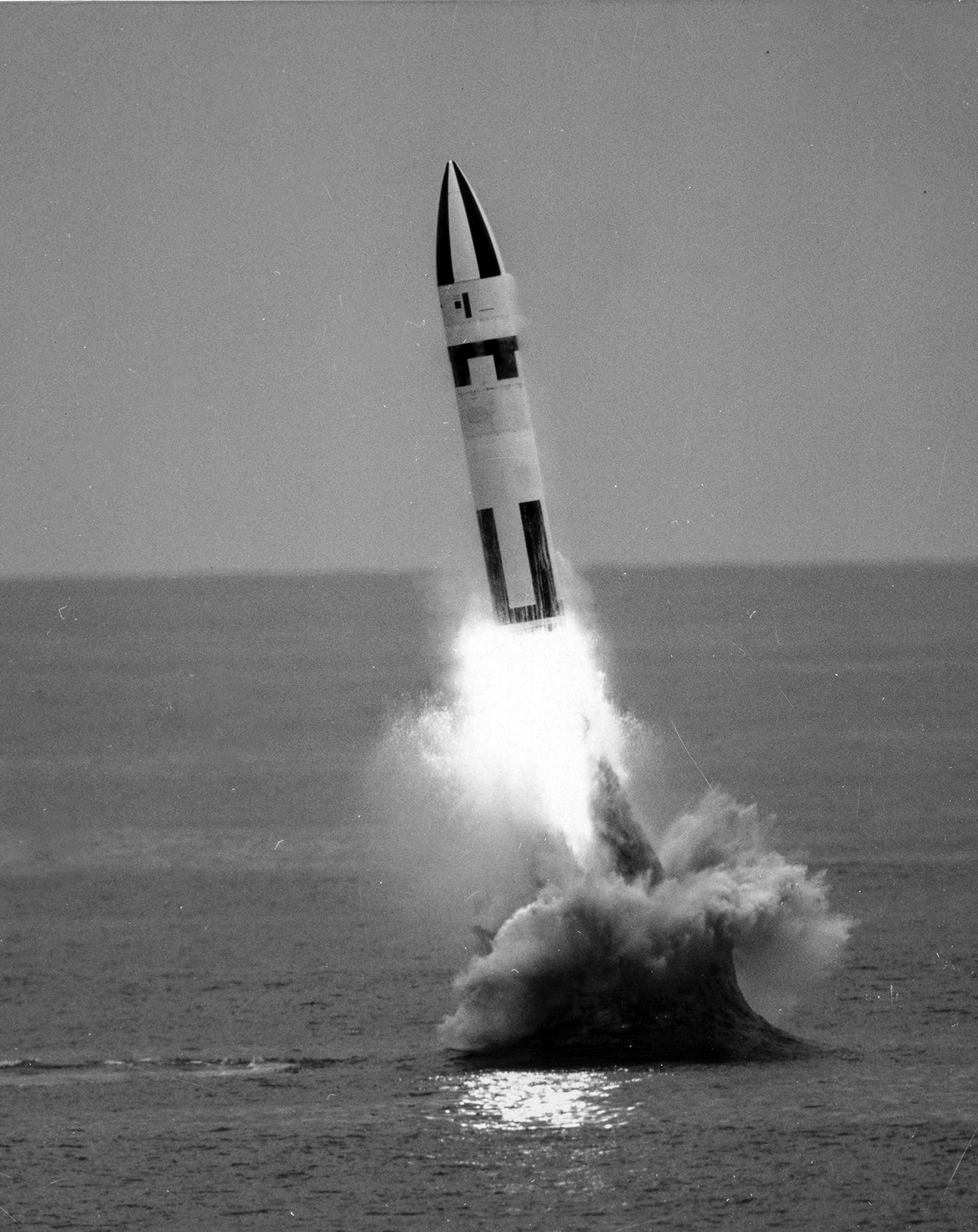Zillamaster55
In Denial About Denial
The year is 1962. Nearly 20 years ago, the world as we know it changed forever.
The forces of the Axis and Co-Prosperity Sphere brought their enemies to their knees. The might of Bukharin's Soviet Union was tossed aside like yesterday's garbage, and the British were indeed forced to fight on the beaches, and in the streets, and in the hills.
Despite the best efforts of the United States, the numerous failures at sea against Japan caused America and her dwindling number of allies to lose the fight in the Pacific. In 1944, the Nazis revealed the ace up their sleeves. On August 9th, at 730 in the morning, the American cities of Portland, Maine and Norfolk, Virginia were destroyed in a single blast by nuclear weapons.
"Peace" came to the world, and with it, nearly two decades of terror and destruction. Europe and Asia are carved up between the victorious powers, who know turn their weapons on one another as a tense "Kalterkrieg", or "Cold War" sets in.
In the far east, Japan sits atop an empire that is little more than a dozen squabbling puppets held together with an ever loosening grip. As China grows more and more restless, and threats of economic collapse begin to hobble the Japanese military, the future looks bleak for the once victorious Empire.
Italy, having finally finished the great "Atlantropa" project, has found itself staring down the barrel of an ecological cannon. Instead of lush land for farming, the Italian state now possesses gigantic swathes of inhospitable salt plains, and the once easy to access Suez Canal is now a marshy hell of railways and tiny rivers.
The United States, one of the last bastions of true democracy, reels under the pressure of the growing Civil Rights movement, led by Martin Luther King Jr. With internal issues plaguing the US government, there are many that fear the "Washington Accords" may soon find itself outnumbered and outgunned by their enemies.
Finally, Germany, the greatest victor of them all, sits on a knife's edge. Its empire is slowly but surely being torn apart by hostile elements and secessionist leaders, all while Adolf Hitler waffles on finding a legitimate successor. Pressures from below, and threats from within, have led the Fuhrer to make numerous drastic decisions, and lose control over Germany's numerous states. The greatest example of this being the Ordenstaat Burgund, led by the infamous SS head Heinrich Himmler, who yearns for total control of the Reich.
This "New Order" is but one step away from everything coming to a sudden and brutal end...[/b]
Welcome to "The New Order: The Last Days of Europe"! An alternate history RP based loosely on the upcoming Hearts of Iron IV mod by the same name. In this universe, the Axis Powers are victorious, and the result of their victory has doomed the world to decades of ruthless dictatorships, genocide, and the threat of nuclear annihilation. However, there is light in the darkness, and the players of this game are tasked with making the world either a better, or much worse place!
---
Player List
.Del - Republic of Brazil
Halv - Republic of China
JuulAidMan - German Reich
Amber902 - Kingdom of Spain
SpookySkeleton - United Soviet Socialist Republics
--
TURN FORMAT
Each player is allowed a total of 10 LINES (excluding technology), with lines limited to 3 sentences maximum. OOC/explanations at the end of your turn are allowed.Diplomacy - Regarding deals with PLAYERS
External - Regarding deals with NON-PLAYERS
Internal - Regarding domestic policies, the economy, production, etc
Military - Regarding wartime or peacetime actions involving the armed forces
Espionage - Skullduggery and tomfoolery. No holds barred
Research - Pick 3 technologies, I will choose 2




